4.6 Google Rating
How to Prevent Slab Leaks in Your Home
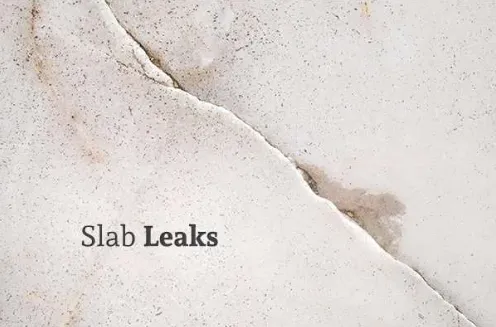
How to Prevent Slab Leaks in Your Home
A hidden leak at your home has the potential to cause catastrophic damage and require costly repairs. Preventing various water leaks throughout your home is a valuable asset for any homeowner to have. So what about leaks in your home’s foundation? Of the different types of hidden leaks, a slab leak can derail your home’s structural integrity. Mullin Plumbing is here to shed light on slab leaks and how you can prevent them.
What Is A Slab Leak?
Slab leaks are plumbing leaks under your home’s concrete foundation. While your home’s foundation is durable, increased amounts of water can cause it to wear down and crack. This eventually leads to structural damage to your home.
These types of leaks are tougher to detect because signs are hard to notice until they’ve grown out of control. Slab leaks can go unseen for months on end. Once excess moisture starts to enter the home, mold and mildew growth often follow. Mold and mildew growth are issues for your home and its inhabitants.
Signs You May Have a Slab Leak
Here are some signs to keep a lookout for that may indicate you have a slab leak:
- Cracks in the walls
- Bent doors and window frames
- Sudden rise in water bills
- Decreased water pressure
- Sounds of running water with no taps on
- Warm or wet spots on floors
- Foundation cracks
- Standing water around your home
- Moldy or musty smells
Options for Slab Leak Repair
If a slab leak has occurred at your home, repairs are in order. Here are some options plumbing companies may take when it comes to slab leak repairs:
Pipe Rerouting/Re-piping
This style of repair involves installing new plumbing lines to bypass the damaged section of the slab leak. Pipe rerouting or re-piping is particularly effective in cases of a slab leak because plumbing lines are encased in concrete.
Break Through the Slab
If all else fails or the leak is located directly beneath the slab, breaking through the slab might be the best or required course of action. While this grants direct access to the leak, it’s a disruptive method of repair.
Tunneling Beneath the Slab
Another couse of action for repairs would include digging a tunnel under the home’s foundation to get access to the leak. Unlike breaking through the slab itself, this repair method is far less disruptive.
Trenchless Pipe Repair – Pipe Lining and Pipe Bursting
Repair methods such as pipe lining and pipe bursting are a popular option due the lack of digging. Pipe lining involves epoxy-coated liner into the damaged pipe that is causing the leak. The lining then hardens to form a new pipe inside the old one.
Pipe Bursting
Pipe bursting entails inserting a new pipe into the old pipe with a “bursting head.” The bursting head destroys the old pipe as it is pushed through, making way for the new pipe.
Causes Of Slab Leaks
An important aspect in learning how to prevent slab leaks is understanding how they occur in the first place. Here are the common causes of a slab leak:
Corrosion
Corrosion is particularly a common issue with older homes that have pipes made of copper. When soil, water, and copper interact over time, corrosion can result. Thus, creating way for a slab leak.
Poor Construction
Slab leaks can also occur to poor construction. Lackluster workmanship from plumbing companies can result in soldered joints, kinked pipes, and pipes without proper insulation. These faults in constuction greatly increase the chance of a leak.
Abrasion
Abrasion can occur over time due to natural thermal expansion and contraction. Abrasion is common with hot water pipes due to pipes expanding when hot water flows and pipes contracting when they cool down. Pipes that are also in close proximity to each other can lead to friction to a point where leaks can eventuate.
Pressure
Building pressure due to a shift in soil, ground movement from earthquakes, and unusually high water pressure can all lead to slab leaks. These pressures can cause your plumbing system’s pipes to crack or rupture.
What Can You Do To Prevent Slab Leaks?
Now that we’ve covered the signs and casuses of slab leaks, what can you do to prevent them? Putting these helpful tips into practice will help prevent a slab leak at your home:
Avoid Using Too Much Water Pressure
The first and easiest step to incorporate at home is to avoid using too much water pressure. While increased water pressure can be nice, it can also cause pipes to weaken and burst. If you feel like your water pressure is too high, contacting a local plumber to help adjust water pressure levels throughout your home.
Take Action Against Hard Water
Water with high mineral counts is know as hard water. Hard water is known for causing issues for piping throughout the home. To help mitigate this issue, Invest into a water softener. A water softener negates your hard water issues and helps prevent unnecessary pipe damage.
Avoid Chemical Drain Cleaners
Chemical drain cleaners are a quick and easy solution to removing clogs in a home’s plumbing system. Frankly, products like these should be avoided. Chemical drain cleaners contain harsh chemicals that can damage your pipes over time. While they may be a quick solution now, they can contribute to much bigger issues like a slab leak in the future.
The Importance of Immediate Action
Because of the amount of havoc a slab leak can cause to your home, immediate action is especially important. Think you have a slab leak at your home? Don’t wait. A slab leak that is left alone will only result in more water beneath your home’s foundation.
Leaking water related to a slab leak can also erode the soil supporting your home. Eroded soil that supports your home can lead to uneven settling or a shift in the home’s foundation. You should never have to worry about this happening to your home, if you believe your home has a slab leak, take proper action immediately.
Contact A Professional Plumber To Learn More
You shouldn’t have to worry about the aftermath of a leak at your home, especially ones as serious as slab leaks. Start by incorporating helpful tips such as avoiding the use of too much water pressure to help prevent a slab leak from occuring. If you believe your home has a slab leak, contact Mullin Plumbing today for more information, maintenance, and repairs.
Recent News
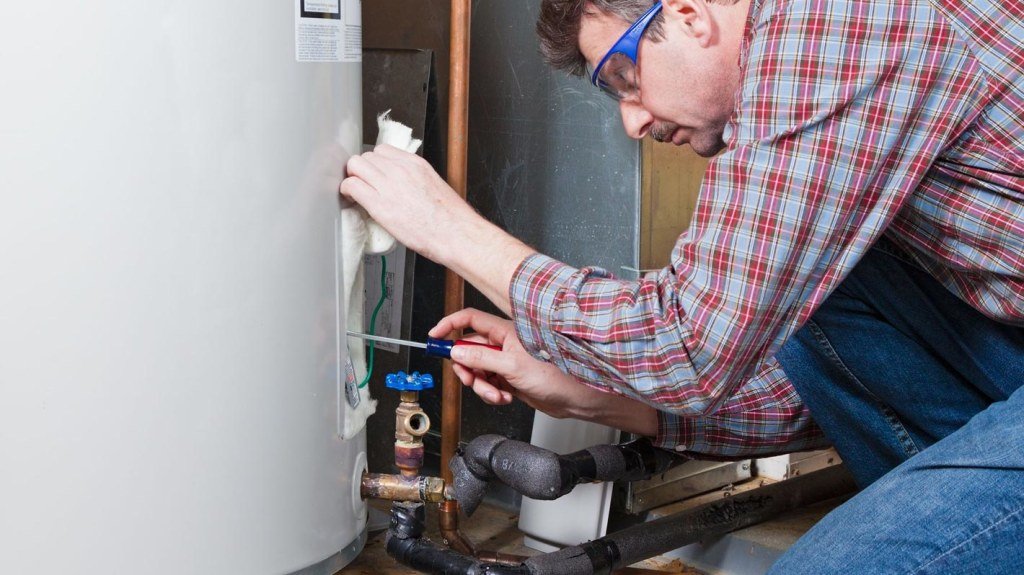
The Environmental Benefits of Upgrading to Low-Flow Fixtures

How Plumbing Systems Differ Between Older and Newer Homes

Is an Aerobic Septic System Worth Installing?

Septic Tank Repair For Concrete Septic Tanks
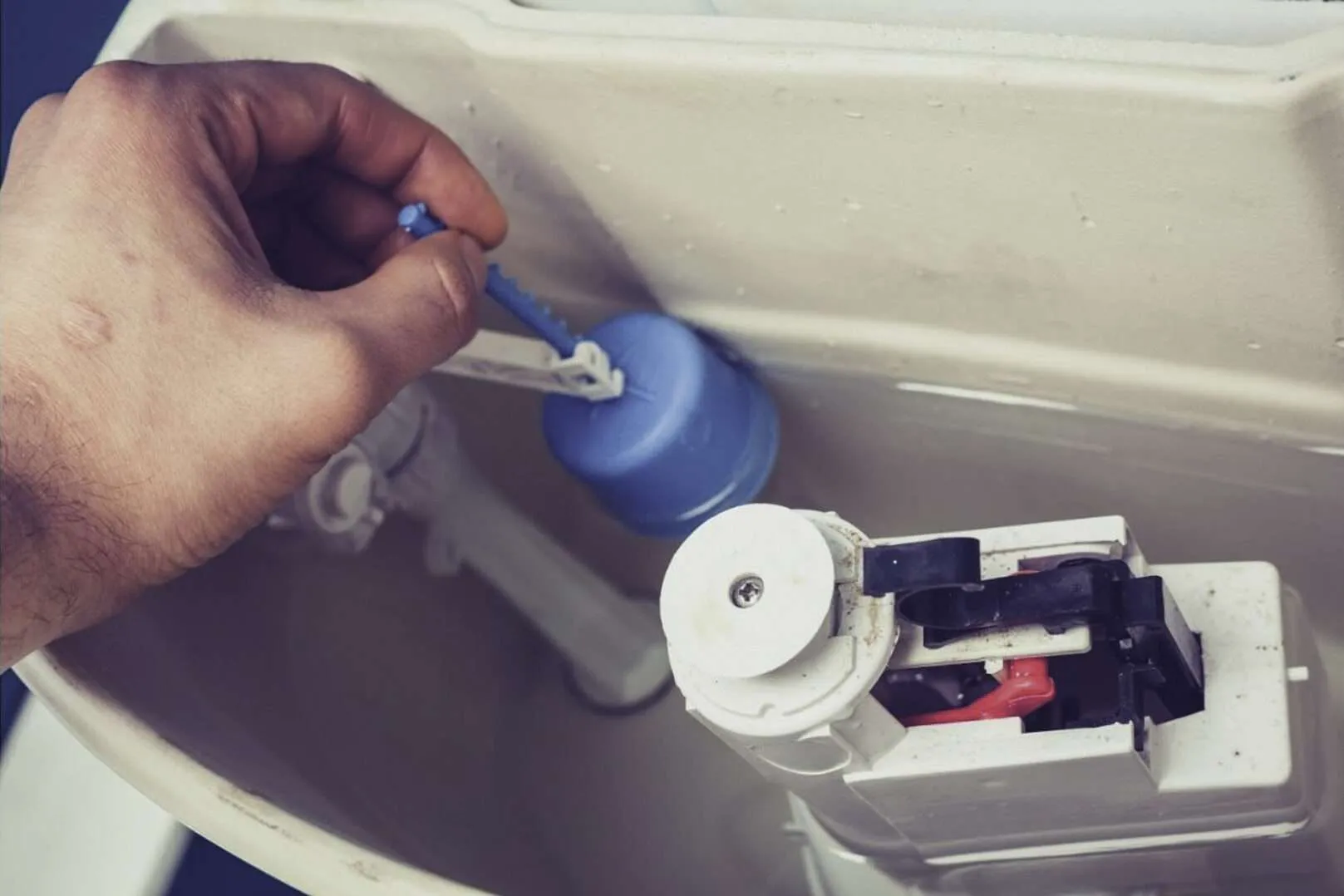
Is a Running Toilet a Problem?
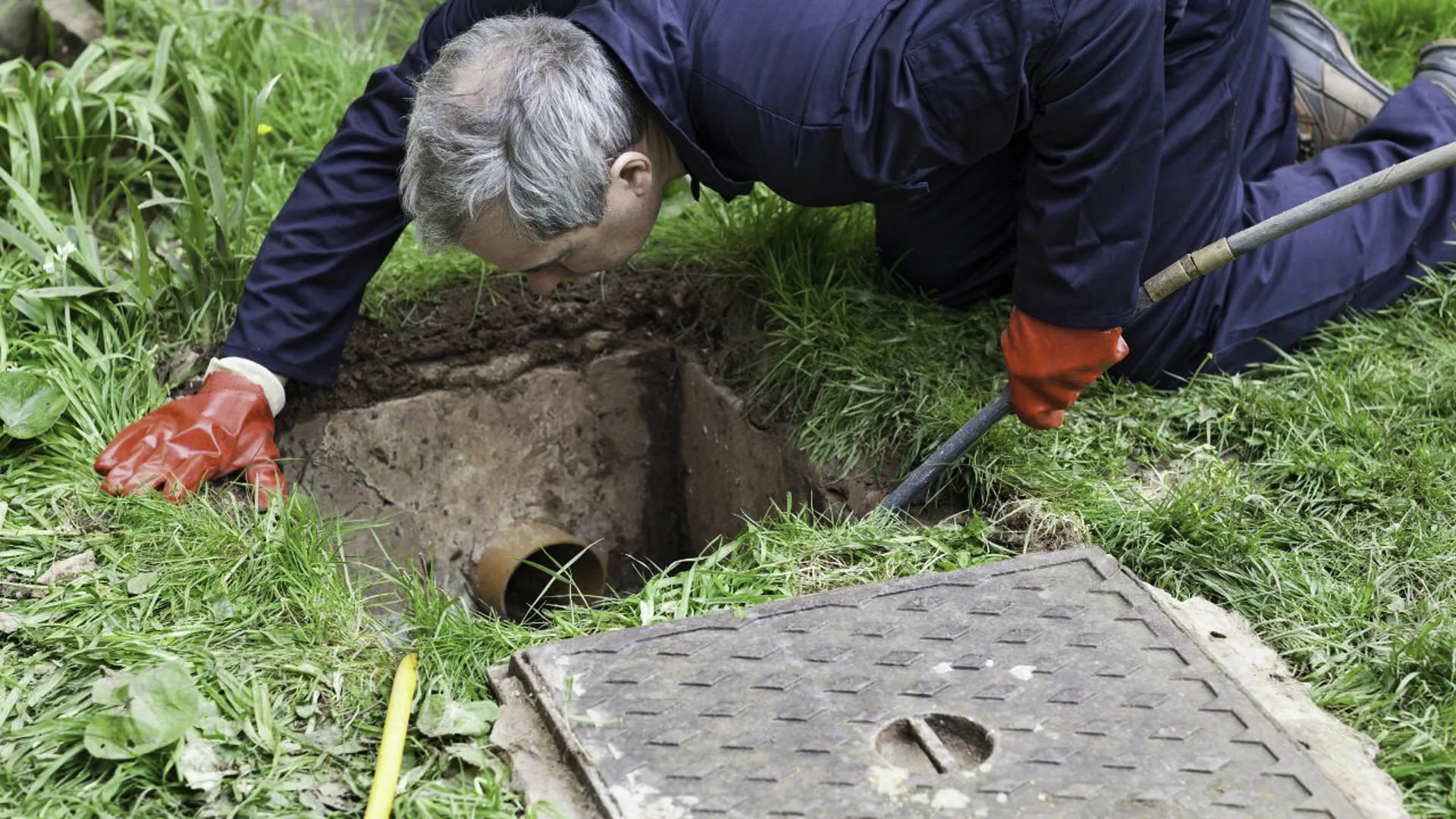
What is Considered a Plumbing Emergency?
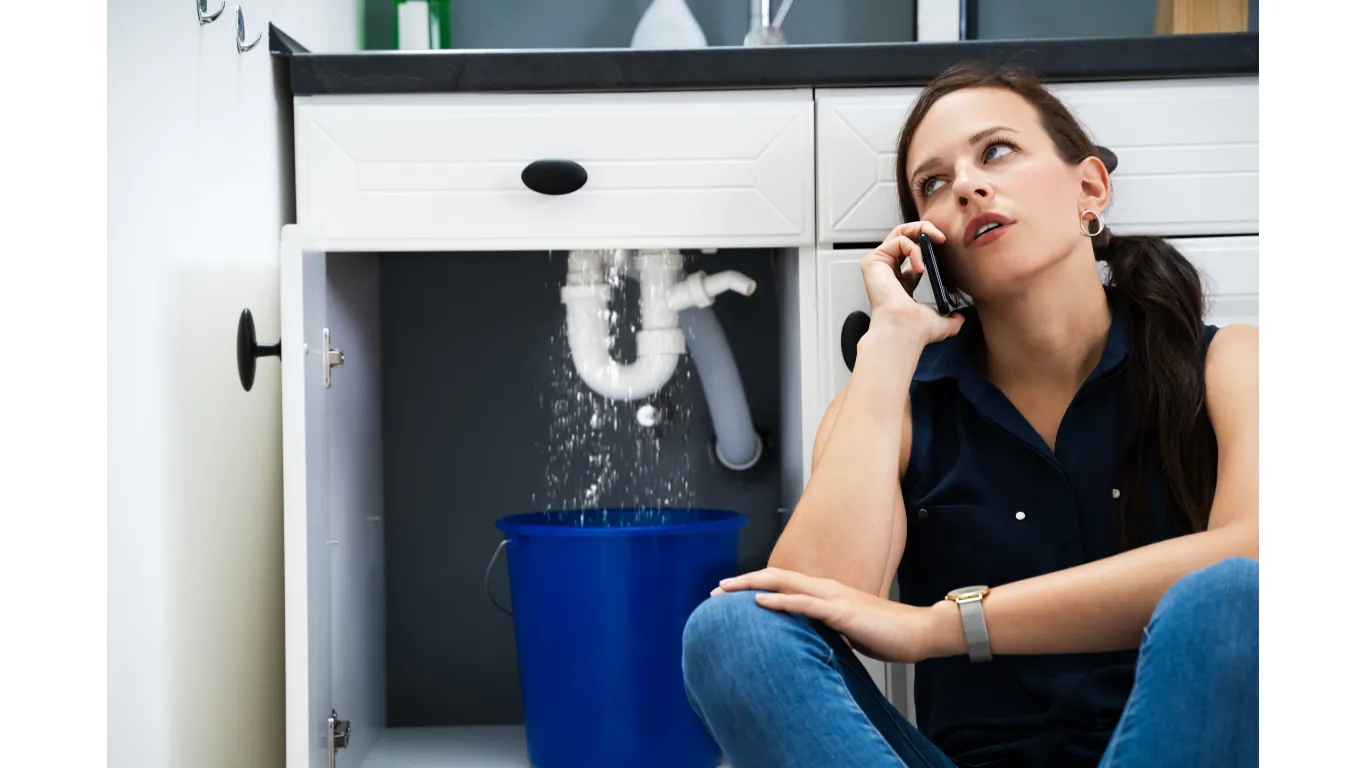
Do Not Let a Plumbing Disaster Ruin Your Holiday
Get in Touch


